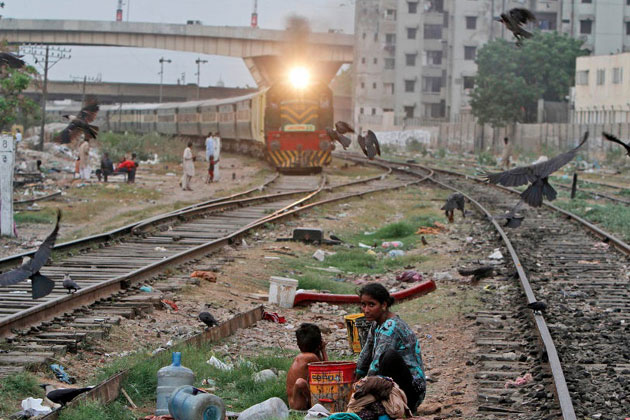Suchita Kotnala, Texas, USA / India, SSH Blog Correspondent

Trigger Warning – Rape, Murder
With the ‘World Toilet Day’ approaching on November 19th, it’s time to turn our focus on the sanitation facilities, or lack thereof, in India, especially the rural India, where it is estimated, that nearly 65% of the population defecates out in the open. The lack of good sanitation practices not only poses a grave health risk to the vast population in general, but, also adds the risk of bodily harm that women have to face and live with everyday.
Although India is modernizing and evolving rapidly today, a significant chunk of its population has been lagging behind in terms of social and economic advancements, and women have been paying the biggest price for it, with their freedom. The fact that numerous women fall prey to sexual predators while on their way to attend to the nature’s call during the silent and dark hours between sunset and sunrise in the rural areas, paints a grim picture for the developing ‘superpower’ India. Every now and then, a high profile gang-rape story shakes the nation out of its reverie, but the sad truth is, that only a fraction of the sexual assaults even get reported, due to the existing caste and gender biases within the police force. In 2014, two teenage girls were found murdered, in Uttar Pradesh, India, after they went missing on the prior night, when they had gone out to relieve themselves. It is alleged that they were raped and strangled, but the police investigation failed to offer any clear answers. More recently, on the night of 31st July this year, a 20-year-old woman was brutally gang-raped and murdered by two men, when she stepped out to answer the nature’s call, in Tamil Nadu, India.
Although strengthening the law and order and increased sensitization of the masses towards gender based violence is vital to bringing about a change for the better, the importance of providing privacy and security to the women while they perform one of the most basic rituals of life can’t be disputed. No one should have to plan their entire day around activities of daily living, fearing for their life or well being every time they stepped out of their house.
The Indian Govt. has stepped up on its efforts to build more toilets lately, spending millions. The initiative might be of greater consequence, if coupled with efforts to educate the society and change the culture and attitudes of the people towards good sanitation practices.
The Indian society cannot hope to progress and prosper if a significant portion of its population continues to struggle on a daily basis, merely to stay safe and alive every morning.
Suchita was raised in western India by loving and supportive parents who helped her and her sister to grow into strong, independent and career-oriented women. She’s a registered general practitioner in India and is currently preparing to obtain medical residency in the United States. She is passionate about women’s rights especially because she has had firsthand experiences of harassment and sexist behavior at public spaces, school and work.
